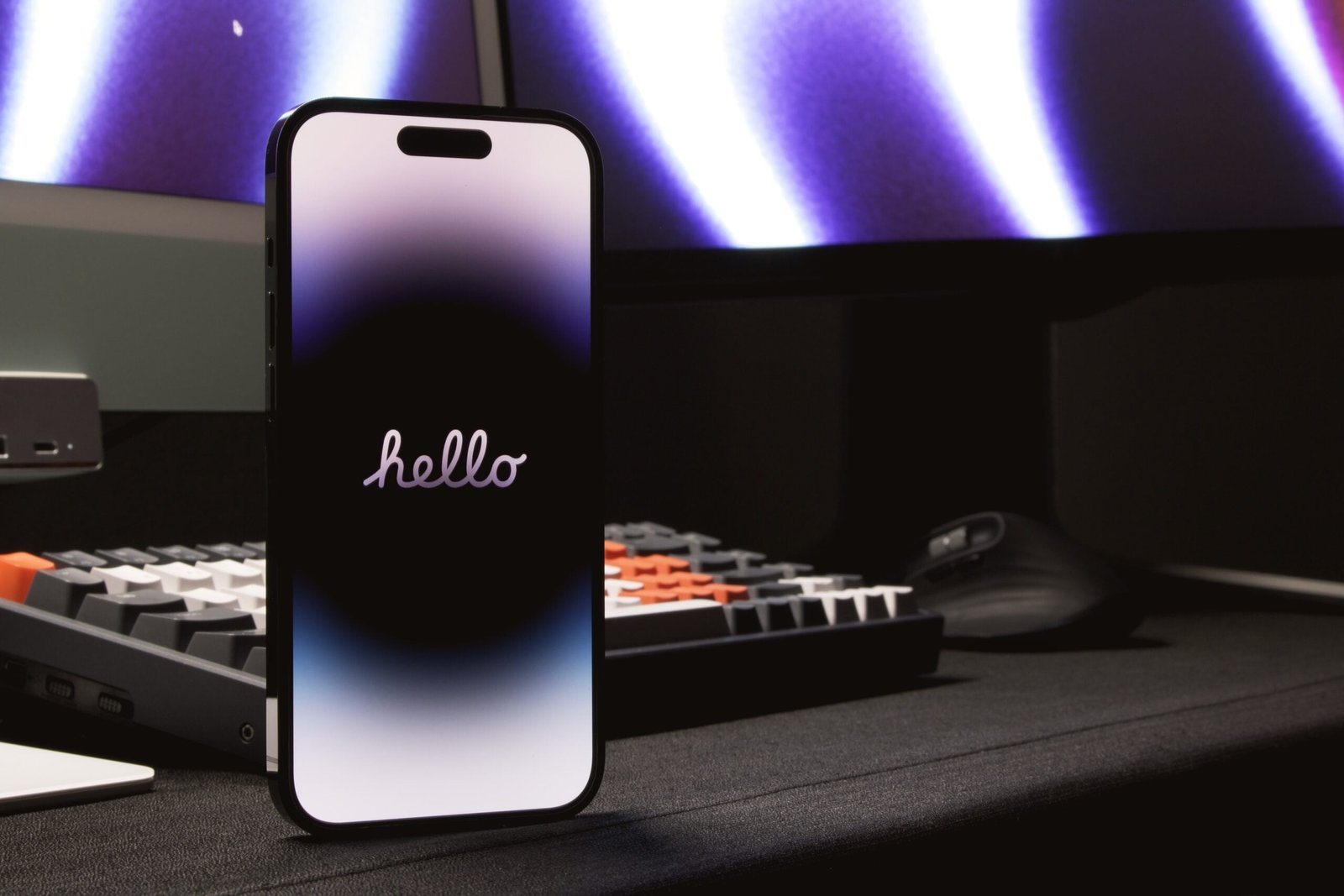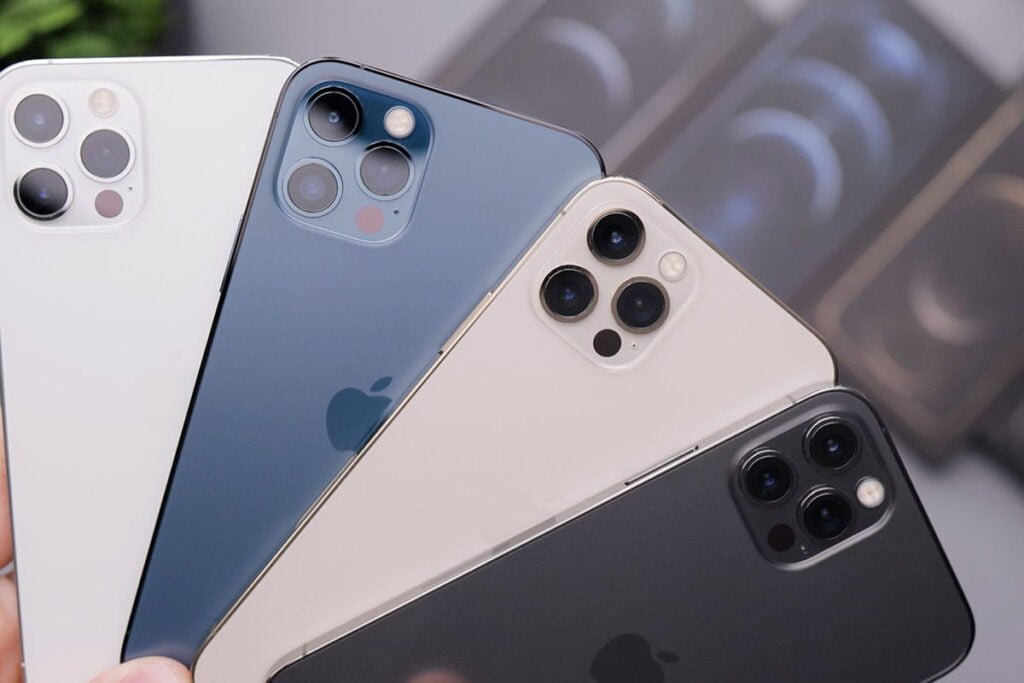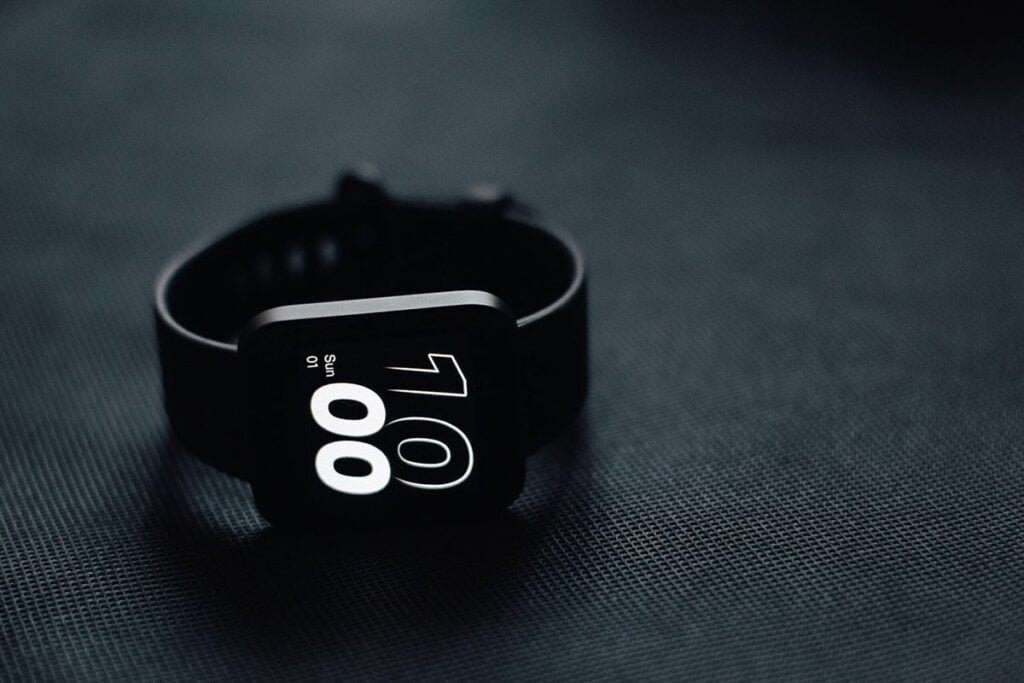In the fast-paced world of digital photography, megapixels (MP) often reign supreme as the ultimate measure of image quality. But before you get caught up in the megapixel race, let’s unravel the truth: do megapixels truly determine picture quality?
The answer, like most things in photography, isn’t a simple yes or no. While megapixels play a role, they’re just one piece of the puzzle. To understand their true impact, let’s delve deeper into the science behind the lens.
What are Megapixels?
Imagine your image as a mosaic, each tile a tiny square called a pixel. The more pixels (millions, hence megapixels!),the finer the mosaic – potentially resulting in sharper, more detailed pictures. Think zooming in on a photo without the annoying pixelation.
So, More Megapixels = Better Quality, Right?
Not quite. Here’s why:
- Sensor Size: A camera’s sensor, akin to film in traditional cameras, captures light. Larger sensors, even with fewer megapixels, often outperform smaller ones crammed with millions. Why? Bigger sensors gather more light per pixel, leading to better low-light performance and richer colors.
- Lens Quality: The lens is your window to the world, and a blurry window won’t produce sharp images,regardless of megapixels. High-quality lenses, while pricier, deliver superior clarity and detail compared to cheaper counterparts.
- Other Factors: Dynamic range, image stabilization, and software processing all contribute to picture quality. A camera with exceptional dynamic range captures both bright and dark areas faithfully, while effective image stabilization minimizes blur from camera shake.
When Do Megapixels Matter?
- Large Prints: If you plan on printing your photos in poster-sized glory, higher megapixels offer more flexibility for cropping and enlargement without sacrificing detail.
- Professional Work: For professional photographers who need to capture intricate details for editorial or commercial purposes, high megapixels can be crucial.
But for everyday snapshots shared on social media or viewed on smaller screens, moderate megapixels (12-20MP) often suffice.
The Takeaway:
Don’t be seduced by the megapixel myth. While they offer certain advantages, picture quality hinges on a harmonious interplay of sensor size, lens quality, and other factors. Choose a camera based on your needs and budget, prioritizing a good sensor and lens over inflated megapixel counts. You might be surprised by the stunning results you can achieve with the right balance!
By focusing on the bigger picture beyond megapixels, you’ll be well on your way to capturing truly exceptional photographs.






